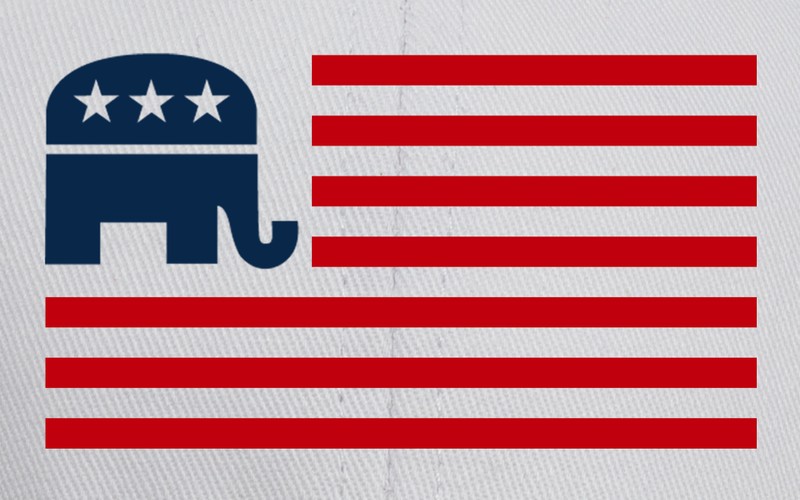At its meeting in Geneva, Switzerland on Monday, the World Health Organization (WHO) rescheduled a vote on a proposal that would give it broad, sweeping authority over all its members, including the authority to declare a world health emergency at any time, leaving its 194 members bound to follow its guidelines.
The Intergovernmental Negotiating Body, a sub-group within the WHO, proposed last February what WHO is calling a "pandemic accord" that is said to protect the world from future pandemics.
Roughly 300 amendments to the International Health Rules (IHR) were also proposed.
The IHR are legally binding with the stated goal of preventing and controlling international spread of diseases and other health risks while also governing the public's response.
The language in the IHR empowers the WHO to act as its global surveillance system. The world's leading voice on all health matters would be Ethiopian microbiologist Tedros Adhanom Ghebreyesus, the director-general of the WHO.
Former Congress member Michele Bachmann (R-Minnesota), who is in Geneva for the meeting, told "Washington Watch" on Monday that the language is important because the accord is technically not a treaty; the U.S. Constitution gives the Senate the authority to approve, by two-thirds vote, any treaty negotiated by the executive branch.
But whether it's the accord or the amendments, the goal, she said, is the same.
"Both lead to the same result," which is a WHO-led one-world government.
She pointed out that homeland decisions would then come from Geneva.

"We were all upset with Dr. [Anthony] Fauci when he would wear one mask and then, all of a sudden, he'd show up with four masks on and tell us we had to do that, or churches had to close down, schools had to close down," Bachmann recalled. "That level of power and authority would move to the World Health Organization in Geneva, Switzerland. They would make the decisions for Pasadena, California or Keokuk, Iowa or Raleigh, North Carolina. We would have nowhere to go to appeal."
The WHO, established as a branch of the United Nations in 1948, currently serves in an advisory capacity, but the changes its members seem poised to accept would change that.
These new powers would be given to a body that experienced "a myriad of failures, gaps, and delays in preparedness and response" as the authority on pandemic that was preventable, according to an independent review.
"We've learned a lot of things in the last three years," Bachmann said. "The World Health Organization bungled almost everything, whether it was masks or vaccines or lockdowns, yet they're acting like nothing happened. There was no review. They're acting like everything was just normal, and they're planning to go ahead with all 300 amendments."
In the U.S., there has been very little discussion of the WHO's power grab, though House Republican Andy Biggs of Arizona's fifth district has introduced H.R. 79, which calls for the president to withdraw the U.S. from the WHO.
Still, at the Geneva meeting, there is no visible U.S. presence.
"I was actually shocked, because this has been a big issue that a lot of their constituents have rightfully been very concerned about," Bachmann told Tony Perkins. "There wasn't one senator here or staff or one House member or staff. There was no American press here, so how would anyone even know what was going on unless they tuned in and they watched for themselves?"
She went on to warn that WHO officials are discussing the use of bio-surveillance to collect data, including on U.S. citizens, that would be shared all over the world.
"This is highly invasive," Bachmann declared. "They were very clear. They want very bold language. They intend to have surveillance over every citizen on Earth, and they intend to control us through healthcare."
Bachmann said WHO officials unveiled a "One Health" concept that would make animals and environmental issues a factor in healthcare.
"So when decisions are made, they would take into account the Earth and what impact those decisions would have on climate change," she relayed. "They would take into account the impact on smelt or rodents."
"What it boils down to is humans would equal cockroaches or would equal a clump of dirt," Bachmann summarized.
That meeting, she said, was a presentation of that plan, not a discussion about research or new breakthroughs in medicine. It was about providing for all individuals worldwide with a call for countries producing health products to produce at a greater level.
"This was no free roundtable discussion where people shared ideas; it was all pre-baked, and everyone said, 'I agree,' 'We've got to do this,' and, 'It's urgent,'" the former congresswoman accounted. "The number-one word that they used besides 'urgent' was 'equity' -- that we have to have equal outcomes for everyone on Earth with universal healthcare."
The vote is now scheduled for May 2024.







